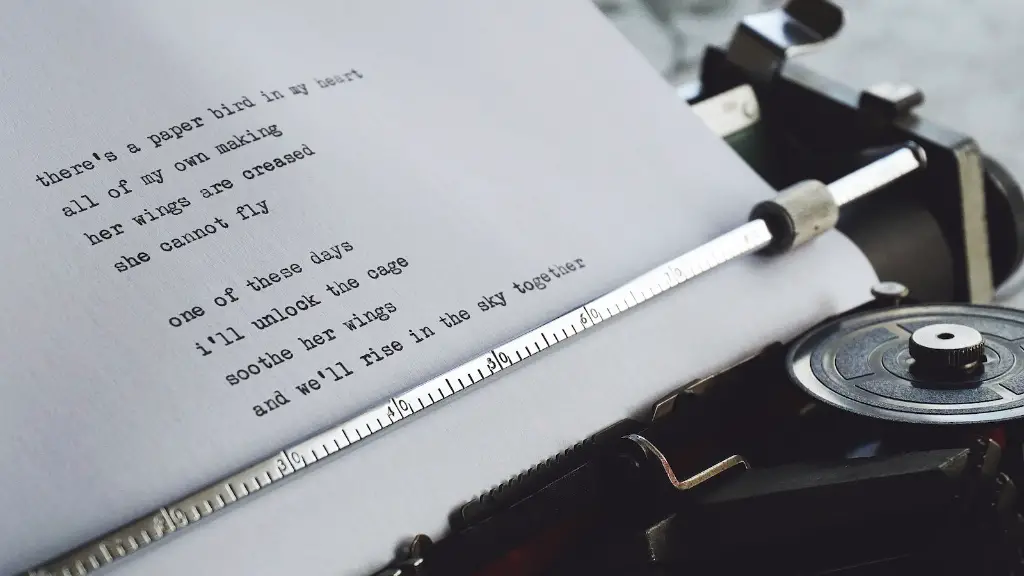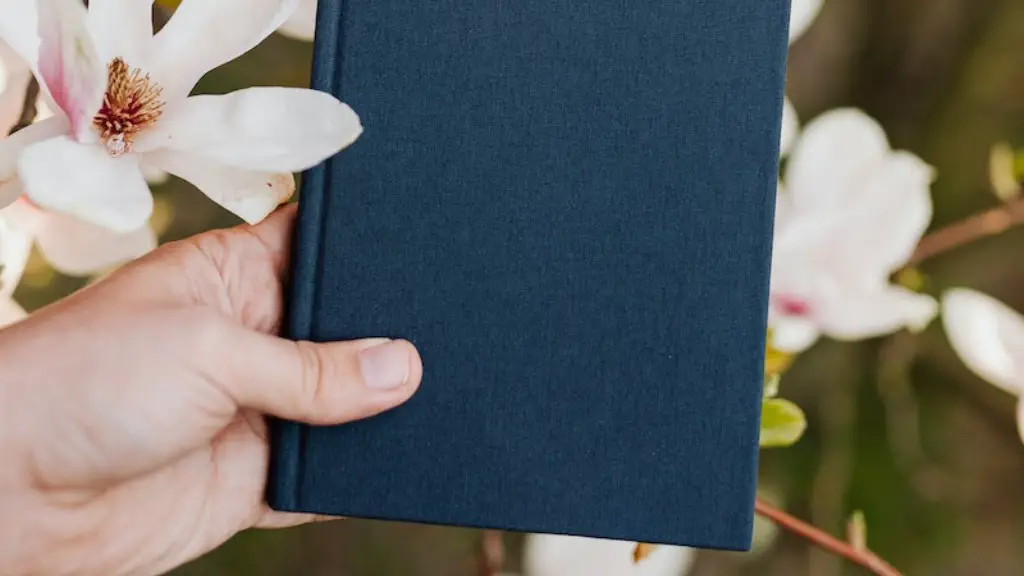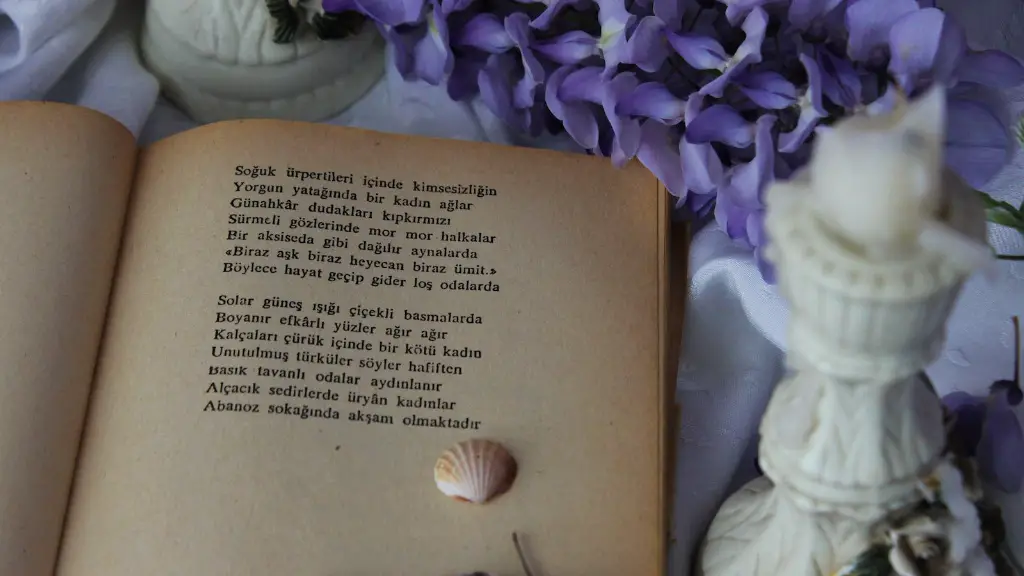Analyzing Poetry
Writing poetry is a craft that requires careful consideration and practice. Creating good verses means more than just stringing together words in a certain pattern. It involves emotion, thought, reflection, and precision. To advance your skills in writing poetry, the first step is to understand the concept of poetry.
Poetry is a type of creative writing that uses words to express feelings and ideas. It has been around for centuries, making poetry one of the oldest literary forms. Poetry compares two or more objects using forms such as metaphor, simile, and personification to reveal its meaning. It often employs rhyme and repetition to add an element of music to the writing.
To get good at writing poetry, you must become an astute analyzer. It is important to look at the structure of a poem and think about how each part affects the whole. Take the time to analyze how lines, stanzas, and rhyme patterns work together to create meaning. Pay attention to how words, phrases, and images are used to convey emotion. Think about how different elements of the poem integrate with each other.
Reading and Writing Expertly
Reading poetry is essential for honing your writing skills. When reading, pay attention to how each piece of literature impacts you. Ask yourself why something stands out or resonates with you. Analyzing works of poets you admire can provide you with an understanding of how to create your own verses.
Writing poetry also requires time, dedication, and practice. Set aside time for writing and experiment with different styles of writing. Many people write poetry best in the morning or what is referred to as “morning pages.” Writing freely and letting your mind wander can be a great way to get started. If you prefer structure, create prompts or writing exercises. This can help to get the creative juices flowing. To hone your writing skills, it is important to find a mentor or another aspiring poet to critique your work.
Finding Inspiration and Challenges
Where you look for inspiration is also important. Being open to finding the beauty in everyday moments is key. Engaging with nature, music, and culture can help you cultivate your creativity. Take a walk and find ways to move your body. Listen to new rhythms. Engage in conversations and ask questions. Read works of other poets and find what resonates with you. This can help to invigorate your own work.
In addition, allowing yourself to take risks is what will bring your writing to the next level. Take on challenges. Expose yourself to the unfamiliar and be ready to surprise yourself. Unexpected experiences can often lead to unexpected writing. Pushing yourself to break free of your comfort zone can help you to generate unique and inspiring work.
Creating Meaningful Verses
Organization is also an important factor in writing effective poetry. Make sure to pay special attention to how the words and structure come together, leaving no room for errors. Read your work out loud. This can help to reveal any errors or confusion. Poetry has a way of carrying emotion, so use imagery and sensory words in your verses to create the desired effect. Consider how each line works together to communicate a message. Also, make sure to avoid clichés and conventional language.
In order to write good poetry, a certain level of confidence must be gained. Practice often and walk in your creative flow. Don’t be afraid to experiment, give yourself freedom and do not compare yourself to others. Channel your own voice and use these tips to get you started.
Strengthening Your Verses
There are many techniques you can use to strengthen your poetry. Varying the length of the lines can help to control the pace of the poem, while adding dimension and depth. Repetition will also turn words into motifs and will help embed your poem in the minds of your readers. Using powerful verbs, nouns and adjectives can add weight to your language and make your song stand out. avoiding filler words and limiting yourself to key words will force you to be creative and precise.
Determined messaging is vital in conveying your theme. Focus on crafting a clear message and make sure to remain consistent. Using similes and metaphors is also a great way to help readers understand your vision. Think of ways to describe abstract notions and everyday objects. Imagery will help connect your verse to real events and feelings, while comparisons make complex concepts more tangible.
The Power of Editing
When it comes to editing, give yourself enough time and make sure to take breaks. Take a look at your poem from an outside perspective and make necessary changes to enhance the structure or clarity. Take out any unnecessary words or abstractions that add nothing to your poem. A poem should have a purpose, and each word should have value.
You can also look to repositioning verses for a better flow. This means experimenting with the stanzas, lines and word order. Be mindful of the rhythm of the poem and adjust any words or phrases that upset that flow. This can be tricky, but with patience it is possible to find the right combination of words.
Patience and Enjoyment
Finally, keep in mind that to get good at writing poetry will take time and patience. Enjoy the creative process and use it as a way to tap into your true self. Unexpected events, wonders, and revelations can lead to the most amazing poetry. Do not be in a rush to create perfect poetry. Listen to what others have to say, but trust your own experience as well.
Be open and stay curious. Writing poetry is a journey that can bring a sense of joy and satisfaction, so don’t forget we are all still learning.



